Life
Sign up for our newsletter
We summarize the week's scientific breakthroughs every Thursday.
-
 Neuroscience
NeuroscienceBrain on display
In her online videos, Nancy Kanwisher goes where few other neuroscientists go.
-
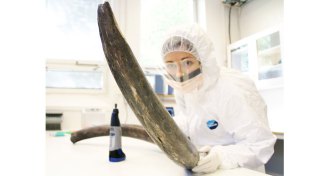 Animals
AnimalsWoolly mammoth DNA shows toll of low diversity
A new sequencing analysis of two woolly mammoth genomes reveals evidence of genetic decline due to isolation and inbreeding just prior to extinction.
-
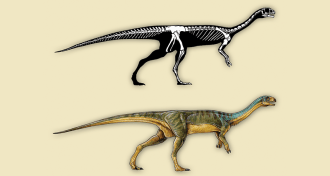 Paleontology
Paleontology‘Frankenstein’ dinosaur was a mash-up of meat eater and plant eater
Fossils of a bizarre-looking dinosaur found in Chile are challenging ideas about how dinosaurs adapted to their environments.
-
 Microbes
MicrobesCity- and country-dwelling microbes aren’t so different
A new study reveals the microbial communities in our nation’s dust.
-
 Genetics
GeneticsGene in human embryos altered by Chinese researchers
Chinese researchers have genetically altered human embryos.
-
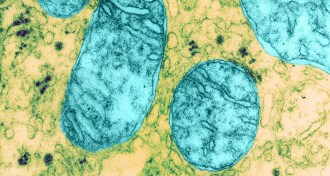 Genetics
GeneticsGenetic editing can delete deleterious mitochondria
A new technique slates mutant mitochondria for destruction.
-
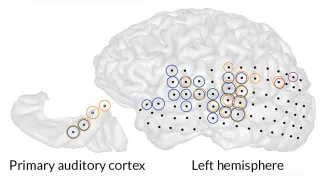 Neuroscience
NeuroscienceTinnitus causes widespread trouble
People don’t just hear the phantom ringing of tinnitus in the part of the brain that processes sounds.
-
 Neuroscience
NeuroscienceCatching Zs may snag memories, too
Flies genetically destined to be forgetful could boost their memory with sleep.
-

-
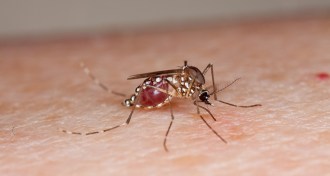 Genetics
GeneticsMosquito bites might be foretold in genes
Attractiveness to mosquitoes could be inherited, twin study suggests.
-
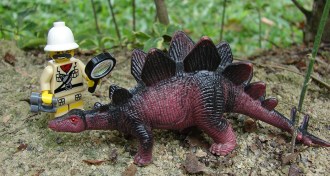 Paleontology
PaleontologyYour toy stegosaurus may be a girl
Male and female stegosaurs may have looked different, a new study finds.
-
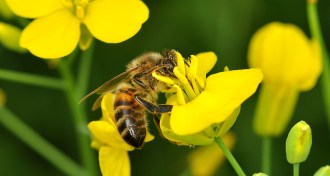 Animals
AnimalsBees may like neonicotinoids, but some may be harmed
Two high-profile tests raise worries that bees can’t avoid neonicotinoid pesticides and that wild species are at special risk.
By Susan Milius